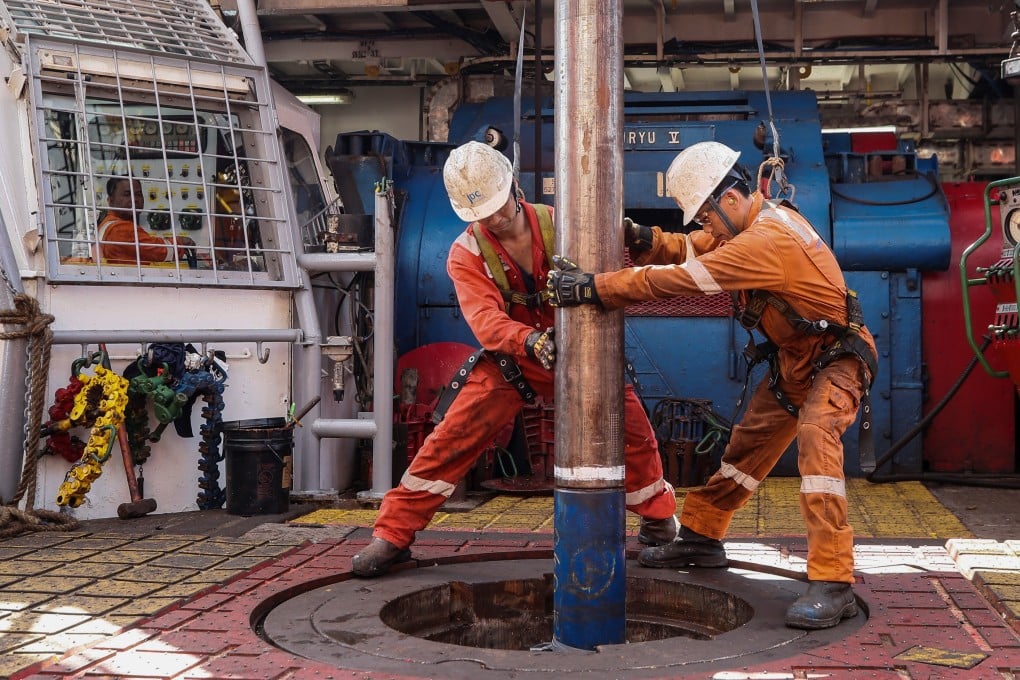Vietnam pins hopes on Japan to face down Beijing in South China Sea oil hunt
- Hanoi is proceeding with joint drilling ventures with Japanese firms in the disputed waterway despite the failure of similar projects with other countries
- But analysts say China is likely to test Vietnam through maritime provocations if the energy ventures go ahead

Inpex is not going into the venture blind. A joint project between the Vietnamese state energy company PetroVietnam and the Russian giant Rosneft at a nearby field collapsed in July following a year of on-and-off stand-offs between the drilling rigs and Chinese maritime forces. Operations in a nearby field were halted after a deal between PetroVietnam and the Spanish firm Repsol was cancelled in 2017, allegedly under Chinese threats of military attacks. The following year, Repsol pulled out of its final concession with PetroVietnam.
An official at PetroVietnam, who declined to be named because he did not have authorisation to speak to the media, said it was understood within the company that drilling would start in 2021.
“We have calculated the reaction from China but we have not done anything wrong. We will just drill within our exclusive economic zone,” he said.
Pham Quang Minh, the former dean of the University for Social Science and Humanities in Hanoi, one of the country’s top centres for international relations scholarship, said he was hopeful the deal with the Japanese firm would yield results where the ventures with Rosneft and Repsol had failed.
